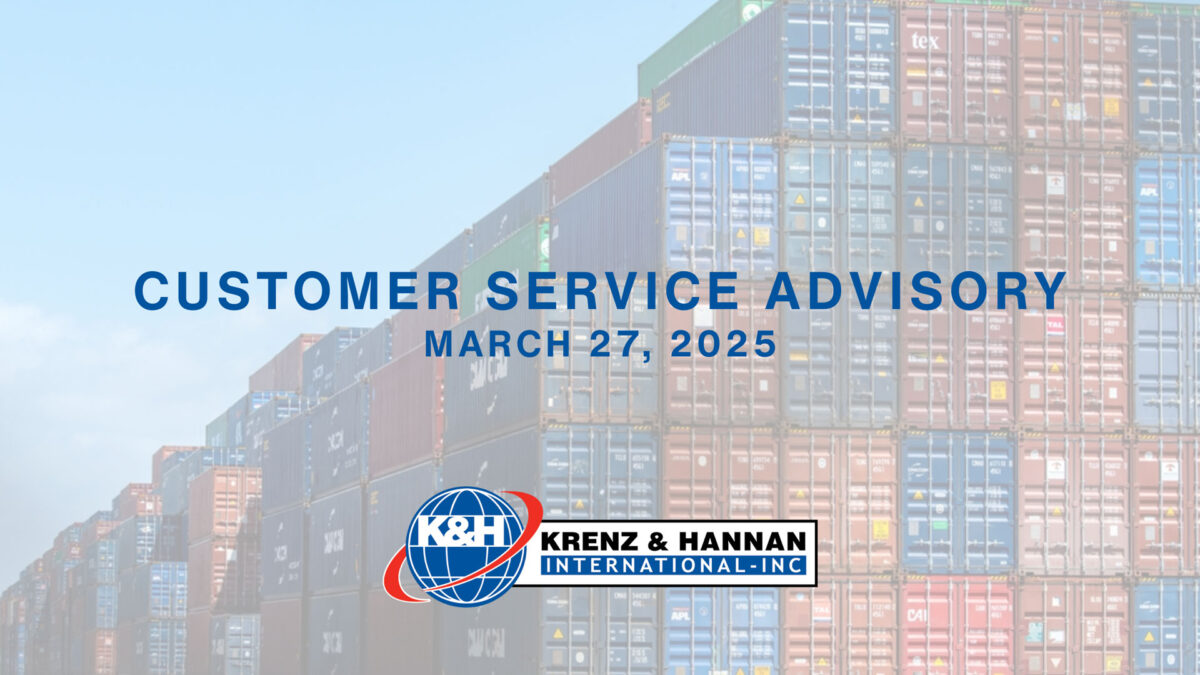
Hello Customers, Colleagues, and Friends,
We are writing to inform you of important updates regarding new tariffs on automobile imports, as announced by President Trump, yesterday March 26, 2025. These changes will impact the automotive supply chain, and we want to ensure you are well-prepared.
New Import Tariffs on Automobiles and Automobile Parts
As of March 26, 2025, a 25% tariff will be imposed on imports of automobiles and certain automobile parts under Section 232 of the Trade Expansion Act of 1962. This measure is designed to protect the U.S. automotive industry and national security.
The tariff applies to:
- Passenger vehicles (sedans, SUVs, crossovers, minivans, cargo vans)
- Light trucks
- Key auto parts, including engines, transmissions, powertrain parts, and electrical components.
The actual scope of the products subject to the tariffs on automobiles and parts is defined by ANNEX I, which has not yet been published. We will advise once this is published. The tariff may be expanded to additional automobile parts if necessary. Importers will be required to comply with reporting requirements regarding U.S. content in these vehicles and parts.
Effective Dates
- Automobiles will be effective from 12:01 a.m. ET on April 3.
- Automobile parts will be effective on the date specified in the Federal Register, but no later than May 3.
USMCA Exemptions
Importers of automobiles and parts under the United States-Mexico-Canada Agreement (USMCA) will have the opportunity to certify U.S. content. Systems will be put in place so that the 25% tariff will only apply to the non-U.S. content in the imported automobiles or auto parts. USMCA-compliant auto parts will remain tariff-free until CBP establishes a process to apply tariffs to their non-U.S. content.
Additional Tariffs on the Horizon
The presidential administration indicated that they will also be announcing tariffs on lumber, pharmaceuticals and possibly computer chips.
What This Means for You
- Automobile importers should immediately review their shipments to determine if any vehicles or auto parts are affected by the new tariffs. This includes verifying U.S. content and understanding the reporting requirements for non-U.S. content.
- USMCA-compliant importers can work with their suppliers to certify the U.S. content and minimize the impact of tariffs.
- Suppliers should be prepared to provide documentation confirming the U.S. content of vehicles and parts.
We encourage you to plan accordingly for these changes to ensure compliance with the new tariff regulations. Should you have any questions, or need further assistance, please contact us.
Sincerely, Your friends at Krenz and Hannan International
